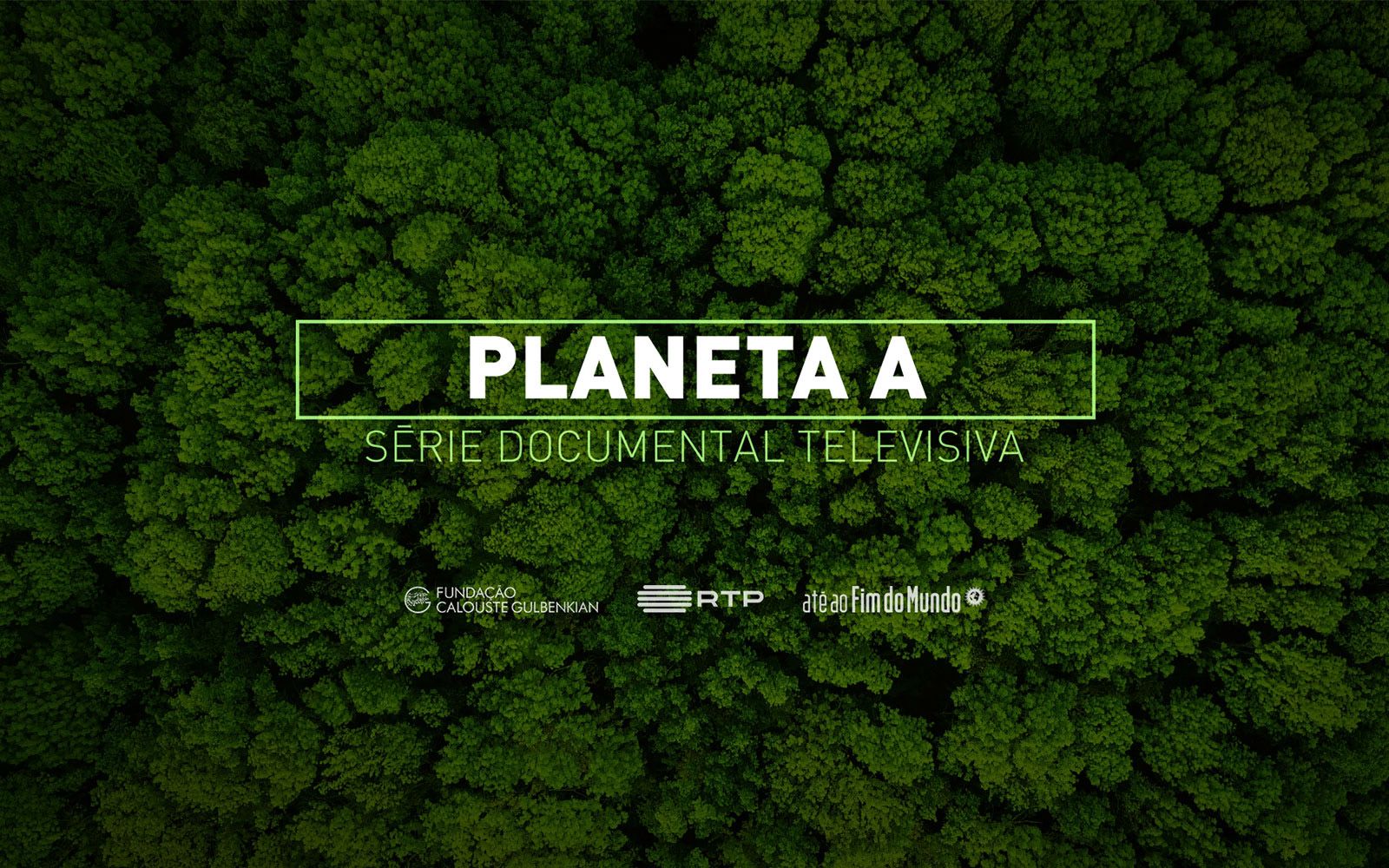
Planeta A documentary
Promoter: Calouste Gulbenkian Foundation
Territorial reach: National
SDG: 1. No Poverty, 2. Zero Hunger, 3. Good Health and Well-being, 4. Quality Education, 6. Clear Water and Sanitation, 9. Industry, Innovation and Infrastructure, 11. Sustainable Cities and Communities, 12. Responsible Consumption and Production, 13. Climate Action, 14. Life below water, 16. Peace, Justice and Strong Institutions

The Calouste Gulbenkian Foundation has joined forces with state-owned Portuguese broadcaster RTP to produce a documentary called Planeta A to strengthen its position on issues concerning Sustainable Development.
Planeta A, with nine 50-minute episodes, will focus on urgent and emerging problems linked to sustainability from a Portuguese perspective, but within a global context.
By providing information and raising public awareness of key issues, from the climate and the oceans, including production and consumption, to democracy and education, the documentary series also highlights the overarching reach of the different initiatives carried out by the Calouste Gulbenkian Foundation in this regard.
Directed by Jorge Pelicano, Planeta A is expected to have its television début in 2021.
Sustainable Development Goals
This project contributes to the following SDG targets:
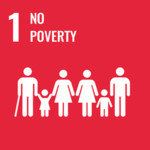
Target 1.b
Create sound policy frameworks at the national, regional and international levels, based on pro-poor and gender-sensitive development strategies, to support accelerated investment in poverty eradication actions
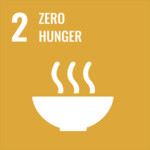
Target 2.4
By 2030, ensure sustainable food production systems and implement resilient agricultural practices that increase productivity and production, that help maintain ecosystems, that strengthen capacity for adaptation to climate change, extreme weather, drought, flooding and other disasters and that progressively improve land and soil quality
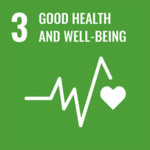
Target 3.d
Strengthen the capacity of all countries, in particular developing countries, for early warning, risk reduction and management of national and global health risks
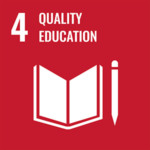
Target 4.7
By 2030, ensure that all learners acquire the knowledge and skills needed to promote sustainable development, including, among others, through education for sustainable development and sustainable lifestyles, human rights, gender equality, promotion of a culture of peace and non-violence, global citizenship and appreciation of cultural diversity and of culture’s contribution to sustainable development
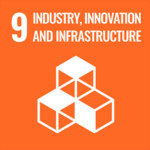
Target 9.5
Enhance scientific research, upgrade the technological capabilities of industrial sectors in all countries, in particular developing countries, including, by 2030, encouraging innovation and substantially increasing the number of research and development workers per 1 million people and public and private research and development spending
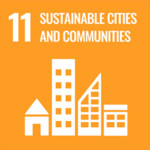
Target 11.3
By 2030, enhance inclusive and sustainable urbanization and capacity for participatory, integrated and sustainable human settlement planning and management in all countries
Target 11.6
By 2030, reduce the adverse per capita environmental impact of cities, including by paying special attention to air quality and municipal and other waste management
Target 11.a
Support positive economic, social and environmental links between urban, per-urban and rural areas by strengthening national and regional development planning
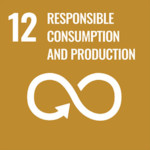
Target 12.2
By 2030, achieve the sustainable management and efficient use of natural resources
Target 12.3
By 2030, halve per capita global food waste at the retail and consumer levels and reduce food losses along production and supply chains, including post-harvest losses
Target 12.5
By 2030, substantially reduce waste generation through prevention, reduction, recycling and reuse
Target 12.6
Encourage companies, especially large and transnational companies, to adopt sustainable practices and to integrate sustainability information into their reporting cycle
Target 12.8
By 2030, ensure that people everywhere have the relevant information and awareness for sustainable development and lifestyles in harmony with nature
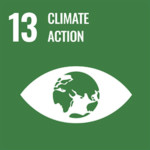
Target 13.3
Improve education, awareness-raising and human and institutional capacity on climate change mitigation, adaptation, impact reduction and early warning
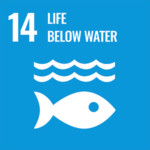
Target 14.1
By 2025, prevent and significantly reduce marine pollution of all kinds, in particular from land-based activities, including marine debris and nutrient pollution
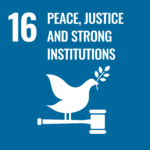
Target 16.3
Promote the rule of law at the national and international levels and ensure equal access to justice for all
Target 16.6
Develop effective, accountable and transparent institutions at all levels
